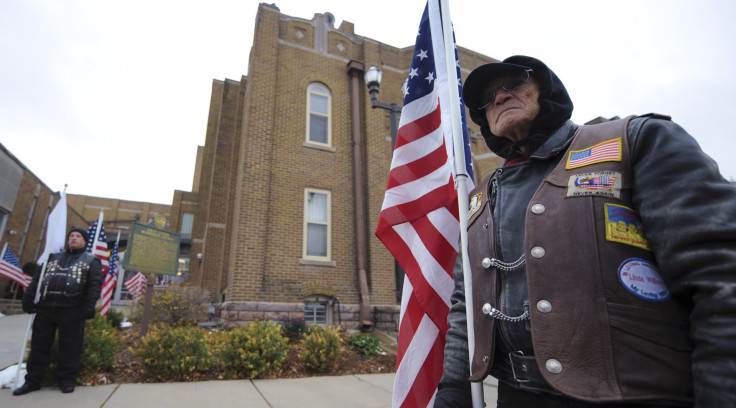Government Ethics Laws: South Dakota Lawmakers Using Emergency Powers To Overturn An Anti-Corruption Ballot Measure

South Dakota narrowly approved a ballot measure on Election Day called the South Dakota Government Accountability and Anti-Corruption Act. The state Legislature, the very body the act is designed to hold accountable, began using emergency powers Monday to overturn the measure, which Republican lawmakers have called "unconstitutional."
A House panel voted to send a bill nullifying the ballot measure to the floor. The ethics package was passed by 51 percent of voters and would implement a public campaign financing system, a state ethics commission and stringent new rules on lobbying and disclosures. The ethics package has come under fire from Republicans, who control the Legislature by a 88-16 margin, despite the fact South Dakota was ranked 47th in the nation for accountability by the nonpartisan Center for Public Integrity.
"Across the board, the state lacks robust laws to prevent corruption, apparently the result of a sense, at least among South Dakota’s ruling class, that burdensome controls are not needed in a rural state with a supposedly high degree of familiarity, trust and cordiality," the Center report said.
After the election, Senate Majority Leader Blake Curd issued a statement saying the ballot measure "created a constitutional crisis" by turning "every elected official in our state" into "de-facto criminals."
A judge issued a preliminary injunction last month to stay implementation of the measure after Republican lawmakers filed suit to block it.
“It didn’t take very long for the judge to determine that this is likely unconstitutional,” Republican House Speaker Mark Mickelson, one of the suit's plaintiffs, told the Pierre Capital Journal. In a December budget address, Republican Gov. Dennis Daugaard said implementing the ballot measure would require taking $5 million earmarked for education and spending it on a public campaign financing mechanism, which would give each citizen two $50 vouchers to contribute to participating candidates.
“I believe it’s not responsible to use taxpayer money to fund political campaigns at the cost of education. And I’m certain that voters of this state did not support that," Daugaard said. “They were hoodwinked by scam artists who grossly misrepresented these proposed measures."
But supporters said the Legislature was simply seeking to overturn democracy. The legislative effort is a “one-sided attempt to thwart the will of the voters,” Mitch Richter, a lobbyist for supporters of the ballot measure, told the Capital Journal. Democratic lawmakers expressed tepid support for the bill.
“Did I agree with everything in Initiative Measure 22? Probably not, but I think it's our job to respect the will of the voters and to fix pieces that may be considered unconstitution,” Senate Minority Leader Billie Sutton told the Washington Post.
© Copyright IBTimes 2025. All rights reserved.






















